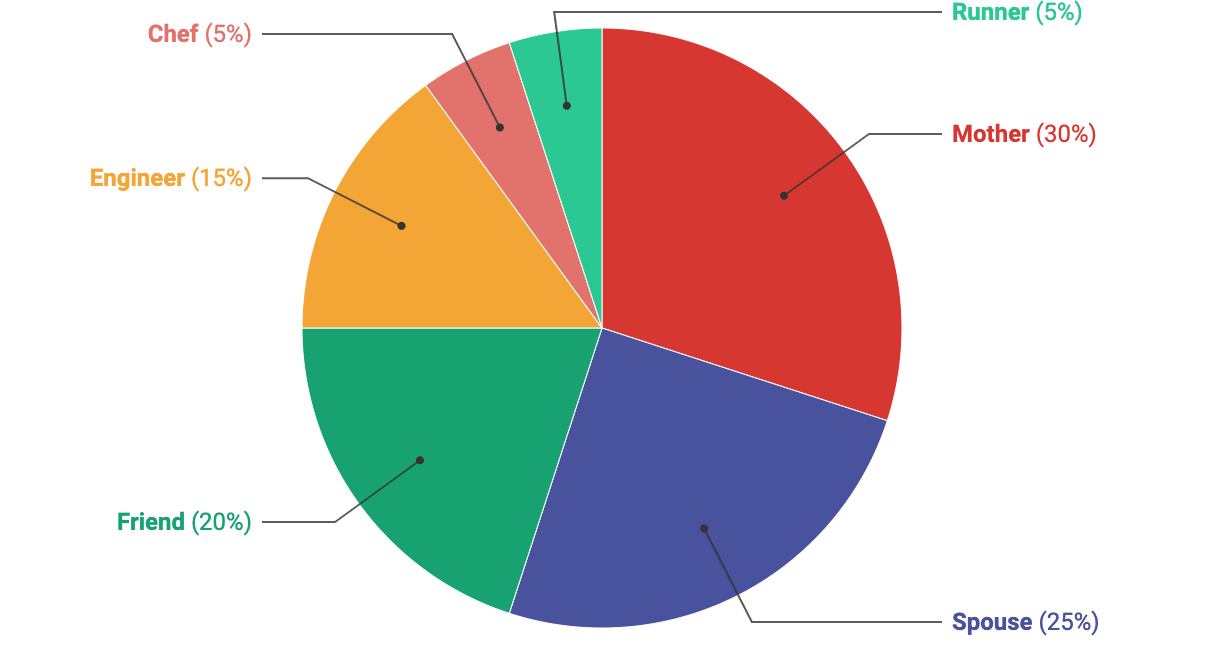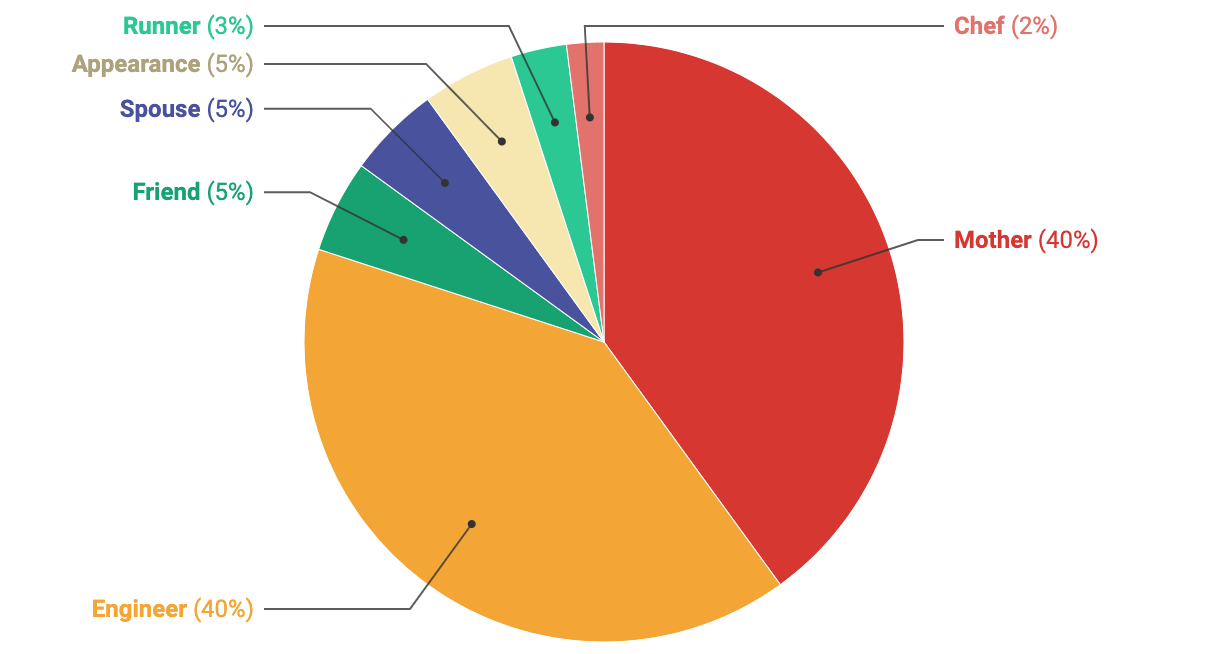Shortly after I created this YouTube video I was attacked by the recent poem of one of my favorite poets, James Crews who just happened to post the following:
Let Hope Stay
Even as October wind tugged
at the bundles in my arms, sending
the last yellow leaves tumbling down
into my face and hair, I gathered up
the stalks of black-eyed Susans
cut back from the fading garden,
and after tossing them on the brush pile,
felt a few loose seeds clinging
to my finger, impossibly tiny and
easily swept away. Aren’t our hopes
like that, hoping to spread and grow,
becoming full-blown volunteers
at the edges of our lives, unlikely
blooms that multiply and come back,
giving us daily beauty in exchange
for letting them stay?
I was helping my husband Brad gather the stalks of butterfly bushes and black-eyed Susans he had just cut back from the garden, and as I carried bundle after bundle to the brush pile, the wind blew wildly, intent on tugging the last of the yellow leaves from the trees. When I looked down at my hand after my last trip, I found a few seeds still clinging to the skin, of one finger. I was astonished by how small they were. Volunteers from the perennial garden pop up everywhere in our yard, and on the margins of the woods that surround our house, tenacious and resilient—sunflowers, echinacea, and Joe Pye weed willing to try sprouting up almost anywhere. I always argue for keeping them, loving the abandon with which some plants spread. But I forget that they begin from something as humble and tiny as a splinter, which somehow contains everything they need to reach full blossom. As Julia Cameron, author of The Artist’s Way, has written: “Gardens start with seeds. Seeds are tiny and look like nothing much. And yet, it is from seeds that we get blooms and from blooms that we get hope.” It is not overly dramatic to say that my hope is restored each day by time spent in nature, and by small actions taken on behalf of others and myself. I don’t discount the hopelessness so many of us might feel right now, or suggest that it is easy or even simple to find again. Yet, a walk in the woods or hour of yardwork reorganizes my anxious heart-mind, allowing certain worries to fall away like useless husks as soon as I can lay down my phone and shut off the news for an hour or two. Likewise washing the car, sweeping the steps, vacuuming the carpets and gathering up all of that dust. A phone call or lunch with a friend, or an email thanking a colleague for some kind thing they did can all repair my beleaguered spirit, and plant the seeds that will help me do the same again tomorrow.
Invitation for Writing & Reflection: Begin with the phrase, “Let hope stay,” and see where the writing leads you. You might reflect on those times in daily life when you feel most hopeful, when the despair seems to fall away, and the seeds of a deeper faith are revealed.
WHICH INSPIRED THIS:
THERE
Among mulchings
there is something that seeks the
Seeing Eye
It’s Color
snaps neurons to believe
THERE
is always a Somethingness of More
Even
Especially in Death
and though
we often Feel
crinkly crumbled
THERE
shows us we are always
Becoming
a Furthermoreness
A Smoreness
that Toasts us
deliciously warm

So BLOOM ON. . .
H O P E
No matter what Season you are Feeling you’re in, right now. . .




 “The beginning and the end reach out their hands to each other.” —Chinese proverb
“The beginning and the end reach out their hands to each other.” —Chinese proverb























